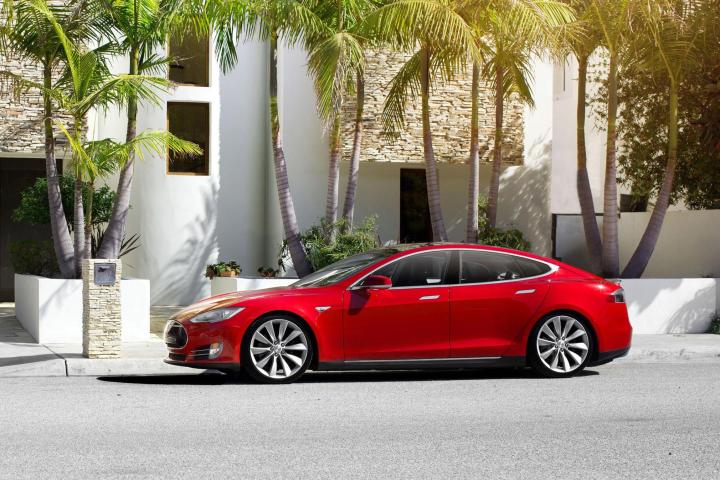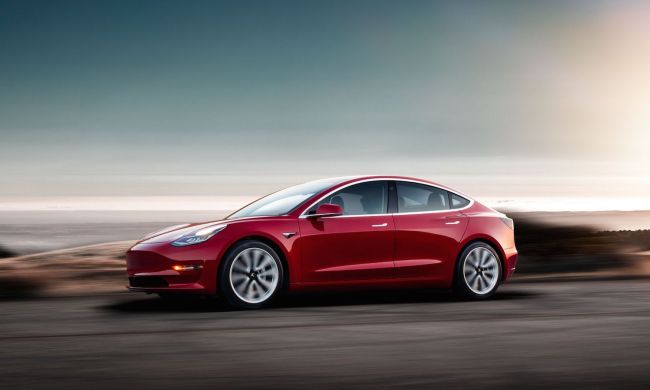
Nearly three months after the New Jersey Motor Vehicle Commission voted to ban Tesla from selling its electric cars in the Garden State, the state Assembly Consumer Affairs Committee turned the tides by approving bill A3216, which allows the company to resume sales and open two more stores.
The bill, which received a 4-0 vote of support, would enable Tesla and any other company selling zero-emission vehicles directly to consumers to open up four stores each in New Jersey. These companies would also have to have at least one service facility in the state.
This overturns the application of a state law from the 1970s, which required that cars need to be sold through dealerships. Tesla, which has been calling its showrooms “galleries” since the ban went into effect six weeks ago, pushed back by saying that the dealership sales model doesn’t work for their cars, since dealerships earn a significant amount of their money from maintenance work. Teslas, according to the company, don’t require as much service as regular automobiles, which makes a direct-to-consumer sales model more conducive to their business.
To the chagrin of some, Tesla has called dealerships “middlemen” in the past. Jim Appleton, president of the New Jersey Coalition of Automotive Retailers, argues that dealerships are aligned with consumer’s interests. He says Tesla should eventually be required to adopt a dealership model.
In late April, the Federal Trade Commission expressed its support for Tesla’s direct-sales model.
As New Jersey appears ready to make up with Tesla, California lawmakers are using tax credits, workforce training grants and other benefits to entice Tesla to build its battery factory in their state. Tesla currently manufactures its electric cars in Fremont, California, about an hour east of San Francisco.
While it may be the most well-known brand in the electric-vehicle space, Tesla certainly isn’t alone. A battery maker and a metal manufacturer announced a modified Citroen C1 car this week, which contains a lithium-ion battery and an “aluminum-air” battery. With their powers combined, the electric car can drive up to 1,000 miles after a single charge. The Tesla Model S, for comparison, has a battery that allows for 306 miles per charge.


